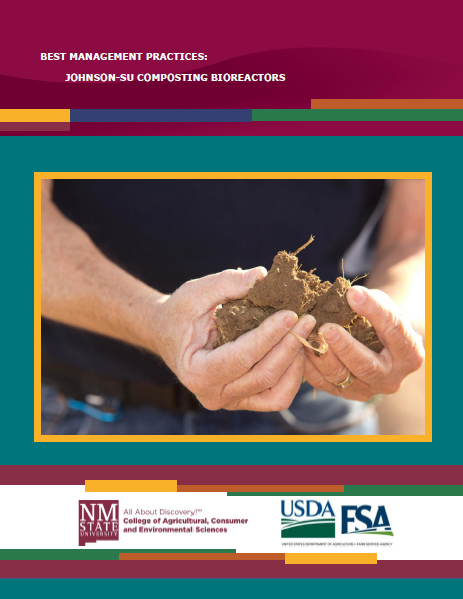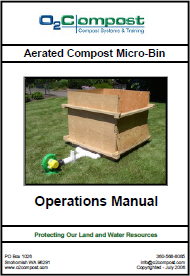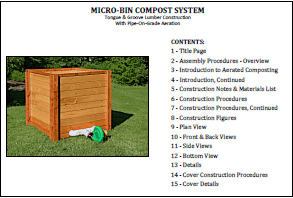Recycling food and other organic waste into compost provides a range of environmental benefits, including improving soil health, reducing greenhouse gas emissions, recycling nutrients, and mitigating the impact of droughts. There are many different types of composting and here we would like to share a few methods.
Johnson-Su Bioreactors
A growing body of research suggests that certain composts can provide soil microbial communities that bring many benefits for plants and soils. In these processes, fungi play an especially important role. The compost produced in the Johnson-Su composting bioreactor provides nutrients and, more importantly, results in a microbially diverse and fungal-dominant soil microbiome that can be applied at concentrations as low as 1/2 lb per acre, a concentration at which it operates more as a microbial inoculation for soils than as a soil amendment. The mature compost can be applied as an extract, mixed as a slurry to coat seeds that you intend to plant, or be applied directly as a soil amendment. The compost from Johnson-Su composting bioreactors improves seed germination rates when used to coat seeds, improves soil water infiltration and water retention by helping to increase soil carbon content, and increases plant health, plant growth rates, and crop production.


